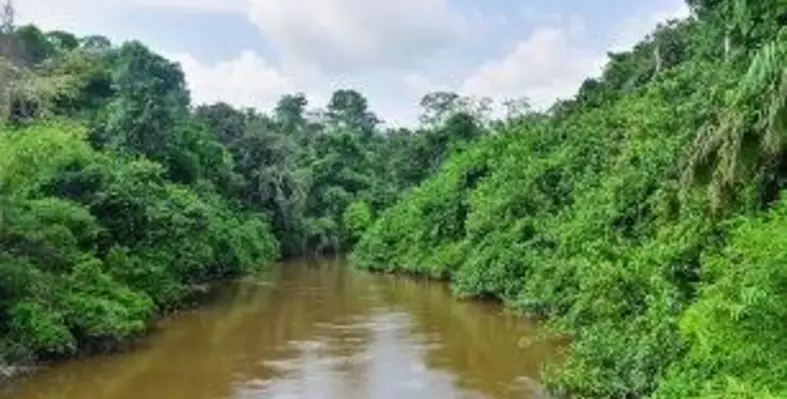DR Congo is looking to choose a contractor by July for its controversial US$12bn hydroelectric project aimed at producing up to 4,800MW of power by diverting about one-sixth of the Congo River
Consortia from China, Spain, and a joint Canadian-South Korean bid are in the running for the Inga 3 Basse Chute program, the latest expansion of the US$80bn Grand Inga complex of 11 dams and six hydropower projects.
The World Bank is providing more than $73mn for technical, environmental, and social studies on Inga 3 as well as an autonomous development authority that it says "will follow best international practice in selecting the private concessionaire
and negotiating power purchase agreements" with both Katanga mining concerns and South Africa's power utility.
"By being involved in the development of Inga 3 BC from an early stage we can help ensure that its development is done right so it can be a game changer by providing electricity to millions of people and powering commerce and industry,” said World
Bank vice president for Africa Makhtar Diop. "Supporting transformative projects that expand people's access to electricity is central to achieving the World Bank Group's twin goals of helping to end extreme poverty and boosting shared prosperity."
But a consortium of environmental groups opposes flooding the Bundi Valley to create the dam's 15 sq km reservoir, arguing that it will disrupt fisheries and interrupt carbon sequestration in the Congo Plume by blocking sediment.
The environmental and human rights organization International Rivers says Inga 3 will do little for the 90 per cent of Congolese without electricity, especially if the project is turned over to private investors. The group says mini- and off-grid renewable energy solutions are a better fit for such a large country with low population densities and underdeveloped central grids.
"Decentralized renewable energy technologies benefit under-served populations, reduce the likelihood of resource conflicts, and usually have a negligible environmental footprint," wrote International Rivers policy director Peter Bosshard and Friends of the Congo director Maurice Carney in a letter to USAID administrator Rajiv Shah.
"It is no coincidence that the DR Congo, a country rich in natural resources but poor in governance, has been beset by corruption and civil wars for decades. In spite of repeated promises, the country’s governance has not improved in any significant way," Bosshard and Carney say, urging the Obama administration to "focus their support on the decentralized renewable energy solutions of the future, not the failed development models of the past."
Shah has been instrumental in planning for Inga 3, urging the government in Kinshasa to reorganize its public utilities to better attract outside funding.
"The reforms we want are those that provide confidence to private investors to be part of the financing package for the Inga 3 program,” Shah said on a tour of the site with DR Congo Prime Minister Matata Ponyo Mapon.
A Chinese consortium of state-owned enterprises Sinohydro and China Three Gorges Corporation is in the running for the project as is the Spanish consortium of Actividades de Construccion y Servicios SA and Eurofinsa SA. SNC-Lavalin of Canada joins the South Korean firms Posco and Daewoo as the third consortium to prequalify.
"The level of investment for Inga 3 BC is so high that neither the public sector nor the private sector alone could finance the full cost of development of the project,"stated International Finance Corporation infrastructure and natural resources director
Bernard Sheahan. "We look forward to working with our colleagues in the World Bank to help the Government of DRC attract private financing to responsibly develop Inga 3 BC.”
It is the responsibility of further Inga development that troubles environmentalists, with International Rivers criticizing USAID's involvement as conflicting with the Electrify Africa Act's mandate to prioritize "the deployment of technology and grants
to expand electricity access for the poorest segments of the population.”
The World Bank says Inga 3 will have a smaller footprint than comparable hydropower projects and the land to be flooded per megawatt generated will be among the smallest in the world.
"Inga 3 BC is undoubtedly the most transformative project for Africa in the 21st century," says DR Congo's Prime Minister Mapon. "The World Bank Group’s involvement in this project reinforces its mission to fight poverty, and its ongoing commitment to
help the Congolese government in its goal to move the country along the path to a strong development future.
Scott Stearns












